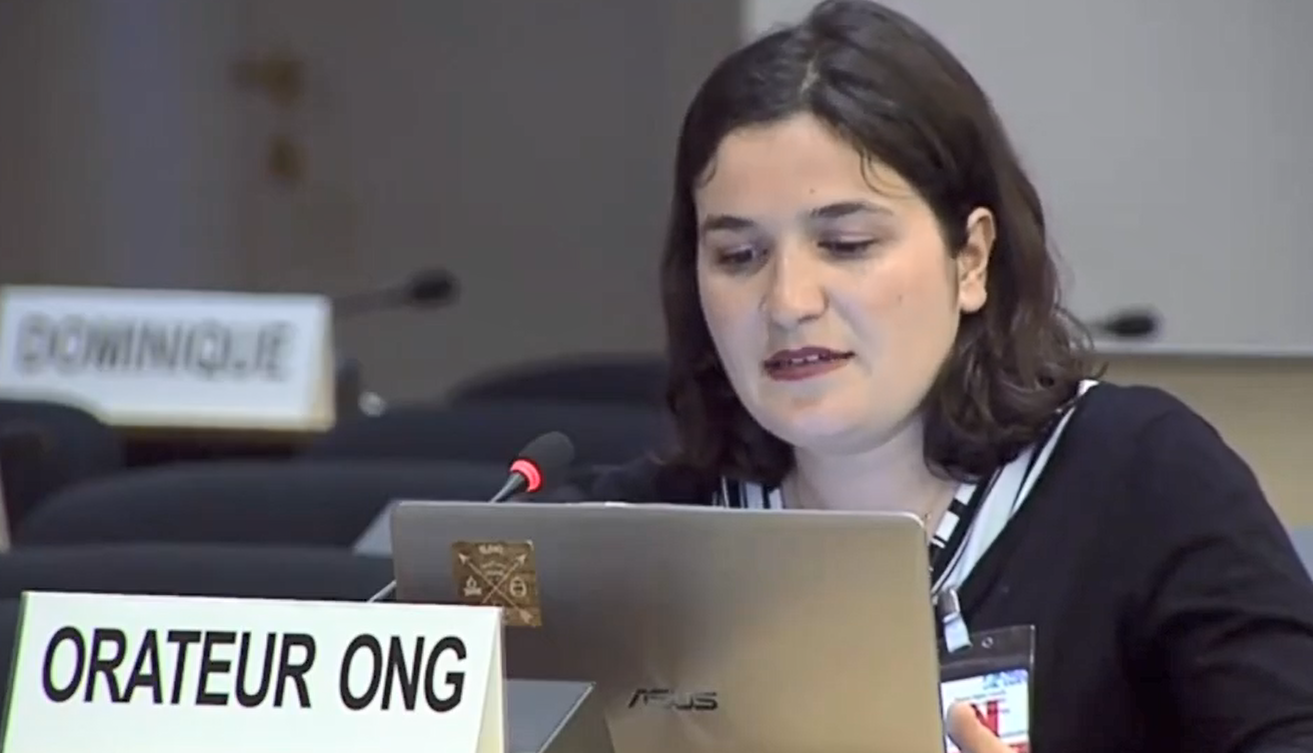On 10 July 2020, ADHRB has delivered an oral intervention at the United Nation Human Rights Council session 44 under Interactive dialogue with the Independent Expert on human rights and international solidarity.
Madame President,
We thank Mr Okafor for his report highlighting the lack of human rights-based international solidarity and the role that this plays in exacerbating the challenges brought upon the world by climate change. In light of this, we would like to talk about the situation in Bahrain and the serious issues that climate change have on Bahraini.
In a 104-page document filed to the UN’s Green Climate Fund (GCF), Bahrain’s Supreme Council of Environment wrote that the kingdom is “severely threatened by climate change.” The country’s water sector, the document said, is in particular facing threats caused by rising temperatures and subsequent increases in demand for water, rising sea levels that cause saline intrusion into aquifers and greater intensity of rainfall, which in turn will cause reduced rates of aquifer recharge.
In addition to this, people who try to speak out about the disastrous consequences that climate change will have on Bahrain are routinely persecuted, therefore having their right of freedom of expression and international solidarity and engagement denied. The protection of human rights defenders, including environmental human rights defenders, remains a serious concern in Bahrain. The kingdom continues to target, arrest, and even kill activists in relation to their work.
We believe that innovative solutions need to be adopted by the Bahraini public, the private sector and government to manage the expected reduction in water resources from climate change in a manner that is not only climate-resilient, but also socially and human rights oriented. We ask the Independent Expert to help the Council and Bahrain to respect its commitment to guarantee human rights-based international solidarity as a member of the HRC.
Thank you.





